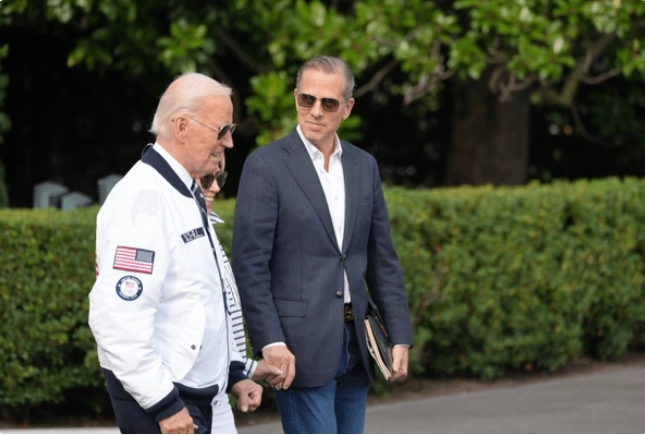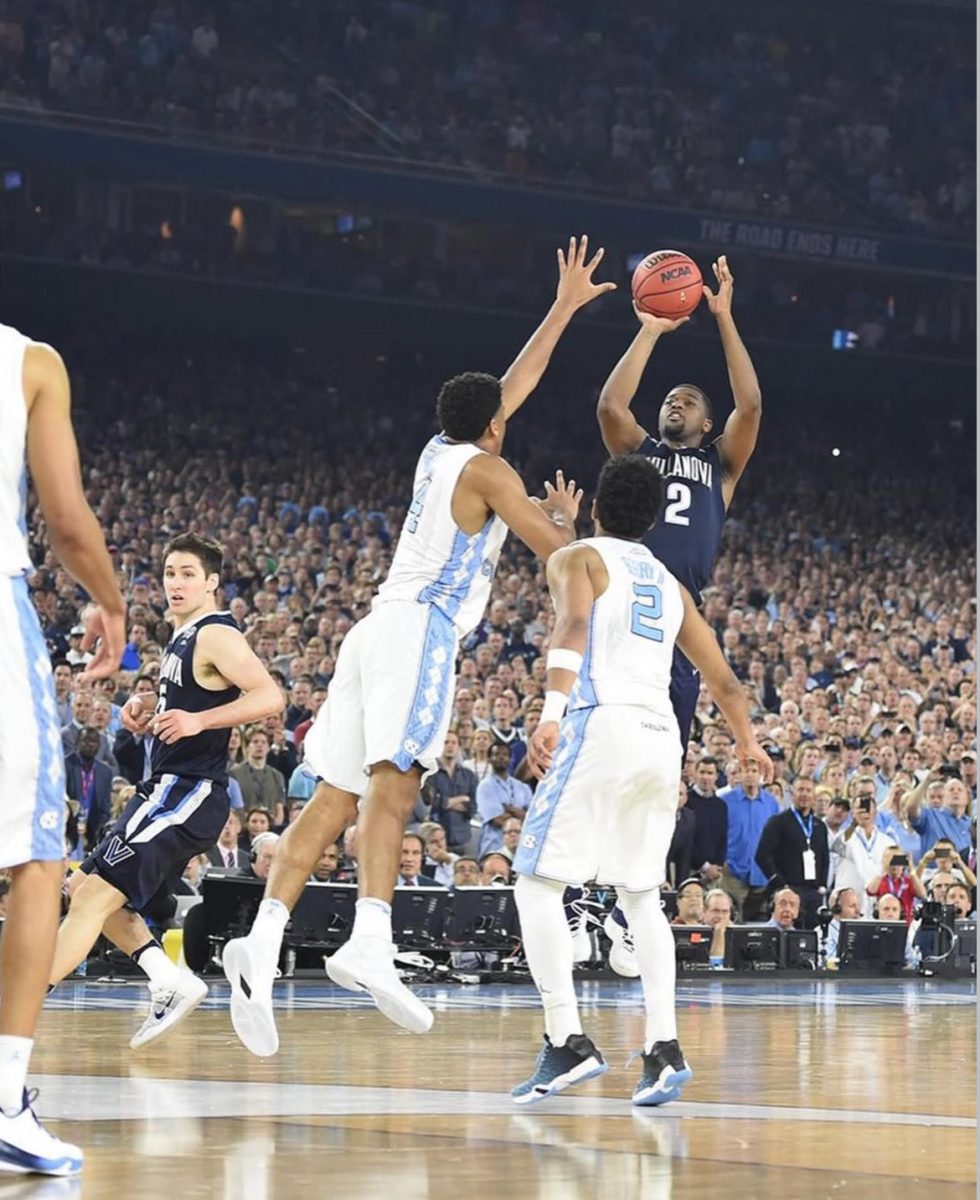On Dec. 1, President Joe Biden officially pardoned his son, Hunter Biden, from all federal gun and tax charges. Last June, the 54-year-old businessman and attorney was convicted in Delaware for lying about his drug addiction to purchase a handgun. In September, Hunter Biden additionally pleaded guilty in California for failing to pay more than a million dollars in taxes and file his tax forms correctly. Biden’s move came as an initial shock to both the Republican and Democratic parties, as the President had firmly mentioned earlier this year he would not excuse his son’s offenses. American politics have become significantly more polarized the past few decades, with a growing focus on presidents’ enforcement of Congressional law. Many members of the Democratic Party were against Biden’s pardoning, since it could set a precedent for President-Elect Donald Trump, who has been indicted for more than 90 felony charges in his lifetime. Conversely, conservatives claimed the judicial system is more lenient for Hunter Biden’s case than Trump’s, which they argued demonstrated partisanship. In an earlier attempt to impeach the President, House Republicans contended that Hunter Biden was involved in unsavory business deals in China, which they believed was politically advantageous for Biden. In reality, the controversial pardoning of Hunter Biden has many more layers than the media reveals. This article is not excusing the younger Biden’s actions, but aiming to provide framing for the presidential pardoning.
Historically speaking, Biden’s controversial pardoning is nowhere near the first time the United States has witnessed a presidential pardon; some have been used for much graver crimes with serious consequences for racial minorities. Former president Andrew Johnson (1865-1869) pardoned many ex-Confederates who aided insurrection against the U.S. and Confederate military officials who openly embraced secession and the system of slavery. His proclamation of general amnesty (which additionally granted land to former Confederates), allowed white supremacists and individuals who believed in the Lost Cause to receive pardoning for their actions. This authorized the rise of many white supremacy groups who were responsible for several forms of race-based discrimination. Thirty years earlier, Indigenous people experienced severe cases of brutality and crime, often connected to land ownership. However, they were not included in Constitutional protections, making presidential pardons of crimes committed against them uncommon. But this ultimately had the same effect; criminals were getting off the hook for racially-motivated crimes. It is important to note that presidential pardons have a history of being controversial, as seen with former president Gerald Ford’s pardoning of Richard Nixon’s contributions in the Watergate scandal in the 1970s.
Before Biden ever became President of the United States, he was a father. A parent’s primary duty is to protect, defend and save their children. In that regard, it is no surprise that he pardoned his son. Hunter Biden has struggled with a drug addiction for years, which has severely impaired many of his functional abilities. A large portion of the population does not truly understand the amount of pain that families face due to drug addiction. In the Biden family’s case, the media and upcoming election had only increased this hardship. Hunter Biden’s guilty plea to tax evasion and the like was an attempt to save his family from more criticism.
In regards to firearm ownership, the public has shifted its focus on gun control to Hunter’s pardoning, which is impacting our ability to achieve progress. According to the NRA-ILA, “no permit is required to purchase a rifle, shotgun or handgun” in the state of Delaware. The fact that Hunter Biden was able to lie to purchase a firearm illustrates a significant issue in our legal system regarding gun ownership. Americans need to recognize the faults of Hunter Biden to reassess the effectiveness of our legislation. The media’s politicization of Biden’s pardoning is tainting the progress we need to achieve. As someone who has been personally affected by gun violence, Hunter Biden’s crime was a reflection of the lack of legislation which protects citizens from gun violence. The younger Biden was especially in the spotlight for criticism; after all, he is the president’s son.
However, setting a precedent just over 40 days from the inauguration of President-Elect Trump is an important consideration. It is an action which suggests the president is above the law is a dangerous gamble as Biden prepares to leave office. Trust in the justice system is incredibly crucial, especially with an upcoming transfer of power. However, we see this eroded in other ways, including the increased politicization of Supreme Court Justices. If the public believes certain individuals are shielded from consequences because of power and influence, there is a risk of undermining equal application of the law.
As the nation moves forward and inauguration day approaches, the controversial pardoning of Hunter Biden reveals the complications between justice and presidential influence in American politics.






